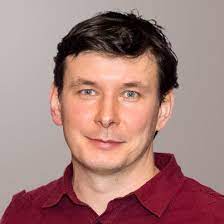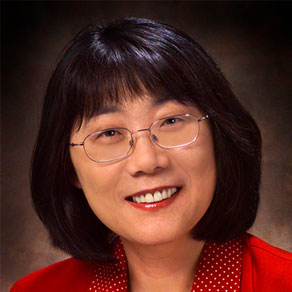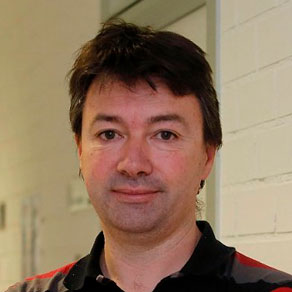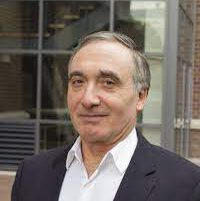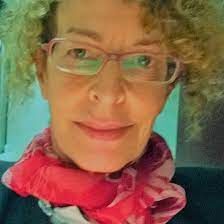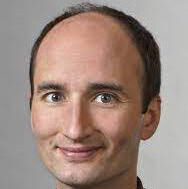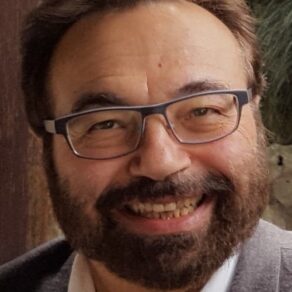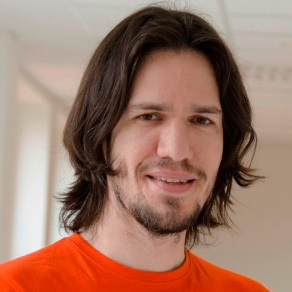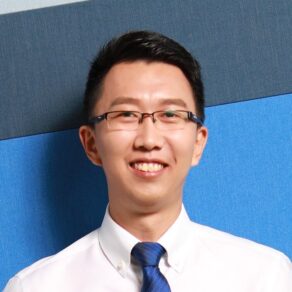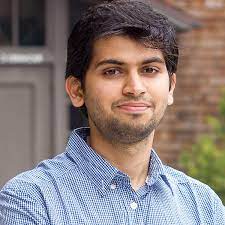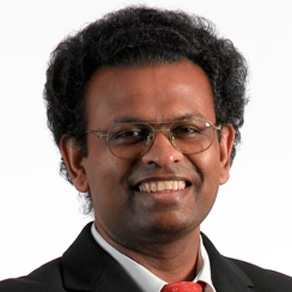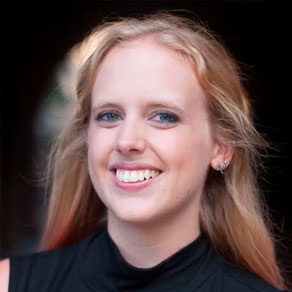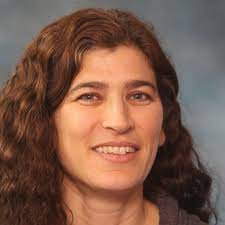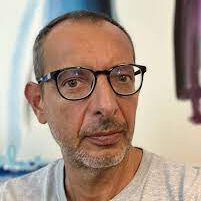
Stefano Giagu
[introductory/intermediate] Quantum Machine Learning on Parameterized Quantum Circuits
Summary
Quantum Machine Learning is an emerging design paradigm to program gate-based quantum computers akin to classical machine learning.
With the rapid development of increasingly performing quantum computers, it has become of great interest to understand whether Quantum Machine Learning can actually offer significant improvements compared to classical algorithms, attracting growing interest from the scientific community in this research field.
This series of lectures will introduce the basics of quantum computation and parametric quantum circuits, describing how these circuits can be used to implement the quantum counterpart of classical machine learning algorithms. The course will also feature a hands-on tutorial showcasing the actual implementation and training of state of the art Quantum Machine Learning algorithms.
Syllabus
- Introduction to Quantum Computers and Quantum Computation
- Representing classical data on Quantum Computers: quantum encoding
- Parametric quantum circuits as Quantum Machine Learning models
- Hands-on tutorial: implementation of a Quantum Auto-Encoder for Anomaly Detection
References
Osvaldo Simeone (2022), “An Introduction to Quantum Machine Learning for Engineers”, arXiv:2205.09510 [quant-ph].
Maria Schuld, Francesco Petruccione, “Machine Learning with Quantum Computers” (2nd edition), Springer (2021).
Qiskit Textbook: https://qiskit.org/learn/
S. Bordoni, D. Stanev, T. Santantonio, and S. Giagu, “Long-Lived Particles Anomaly Detection with Parameterized Quantum Circuits”, Particles 2023, 6(1), 297-311; https://doi.org/10.3390/particles6010016
Pre-requisites
Basic knowledge in machine learning, deep learning and applied mathematics. Basic programming abilities in Python.
Short bio
Stefano Giagu is a Professor of Physics at Sapienza University of Rome. His research focuses in high energy physics and applied physics, and in the development of machine learning, deep learning, AI explainability, and quantum machine learning methods, with applications in different fields. He participated in the L3 experiments at CERN and CDF at Fermilab and is a member of the ATLAS collaboration, at the Large Hadron Collider at CERN in Geneva, of which he has been national PI since 2019. Since 2021 he has coordinated the international project MUCCA: Multi-disciplinary Use Cases for Convergent New Approaches to AI explainability.

